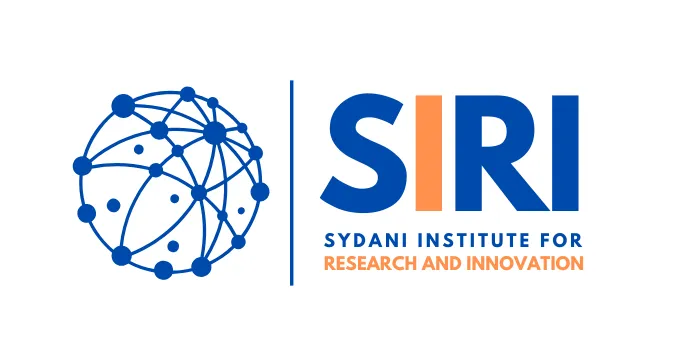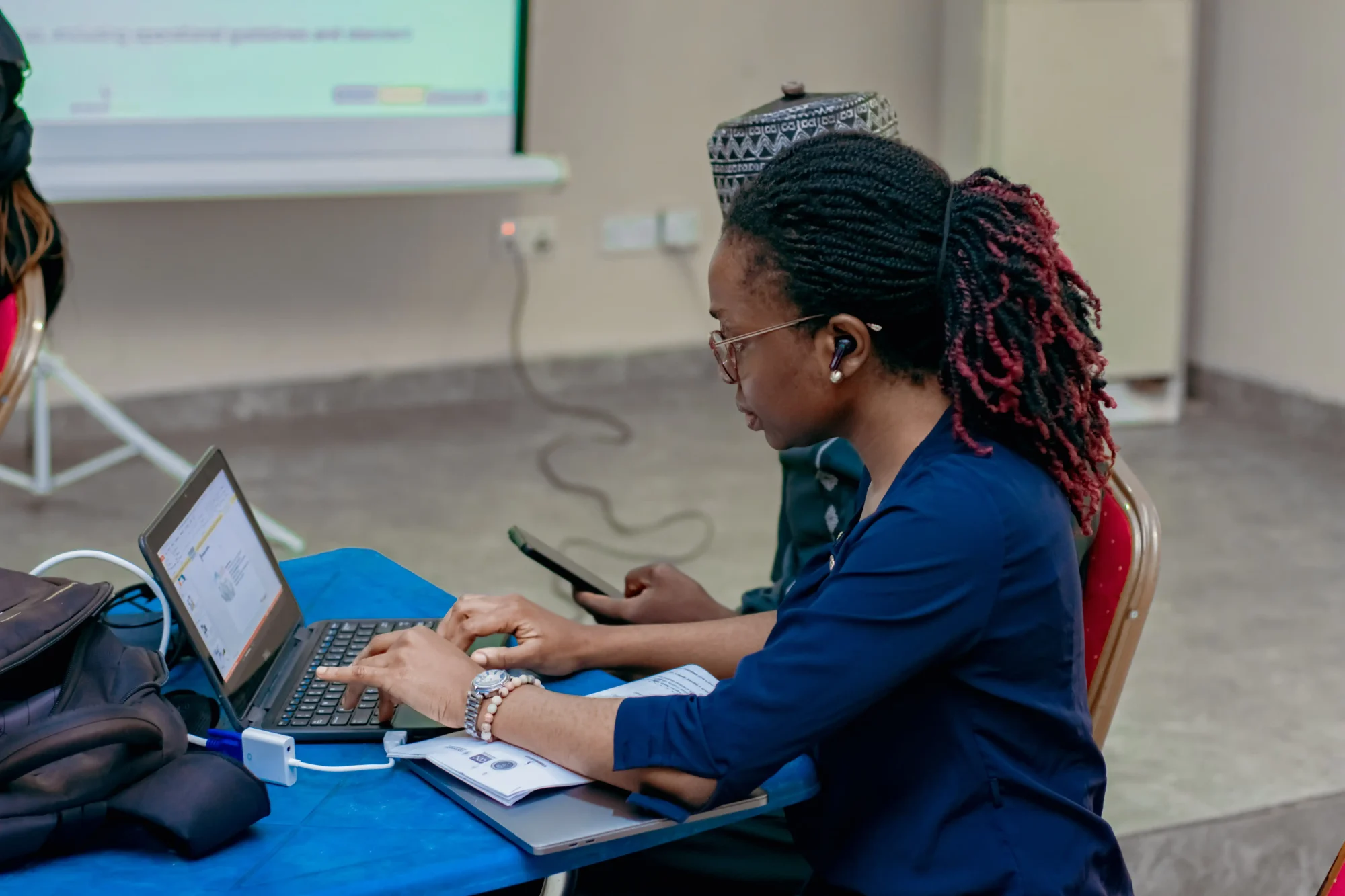Sydani Institute for Research and Innovation
Redefining Research Frontiers for Global Impact
- Top Management Consulting Firm Abuja
- Service
- Sydani Institute for Research and Innovation

Tackling Complex Research Challenges in International Development
In driving impactful research and innovation in global development, we navigate a multitude of complex steps and challenges. To achieve our goal, we strategically plan, execute with precision, and adapt to real-world needs.



Why Us?
Choosing the Sydani Institute for Research and Innovation (SIRI) means partnering with a leader in transformative research and innovation

About SIRI
Since its inception, SIRI has pioneered the creation of numerous knowledge products—including white papers, research reports, case studies, and policy briefs—that provide evidence-based insights for decision-making. Beyond knowledge generation, the institute actively supports the design, implementation, and documentation of impactful research projects that advance both local and international development agendas.
At the core of SIRI’s operations is a dedicated team of full-time researchers working alongside a robust network of subject matter experts who are engaged as needed. This flexible and highly skilled workforce ensures that SIRI consistently delivers innovative, context-relevant, and high-quality outputs tailored to the needs of governments, development partners, and private sector organizations.
With specialization spanning health, education, agriculture, climate change, and energy, SIRI integrates innovation, quality, teamwork, professionalism, and sustainability into every project. Its work not only shapes policies and strengthens systems but also catalyzes sustainable impact, positioning SIRI as a thought leader in research and innovation for development.
Creating Global Impact Through Research
How We Help You Drive Impactful Research and Innovation
Through a dedicated team of experienced researchers and subject matter experts, we provide tailored support to navigate the complexities of international development. Our comprehensive approach ensures clients can focus on strategic goals while we manage critical research and innovation steps.

We deliver cutting-edge research with innovative methodologies
We maintain top-tier quality aligned with global standards
We harness teamwork from a network of seasoned experts
We ensure professionalism with a diverse, experienced team
We provide sustainable solutions for enduring impact
Meet Our Team of Experts
Excellence-driven people united in a persistent pursuit to deliver sustainable solutions
Dr. Hilary Okagbue
Dr. Rauf Rauf
Stephen Asaolu
Featured Publications
Our featured knowledge products showcase the institute’s commitment to excellence, offering actionable insights and high-impact resources across key sectors
The Psychological Impact of Climate Change: Eco anxiety, Eco Paralysis and Solastalgia
Gender Equality and Inclusion in Practice: Progress Without Power?
Building Intelligent Health Systems: Scaling Digital Health and AI for Impact in Africa
Frequently Asked Questions
What is the Sydani Institute for Research and Innovation (SIRI)?
What does SIRI do?
Who works at SIRI?
What services does SIRI offer?
Who are your clients and partners?
How can SIRI help my organization?
Where is SIRI located?
How can I collaborate with SIRI?
What makes SIRI unique?
Get In Touch Today!
Ready to make an impact? Get in touch with us today to explore how we can support your goals with tailored, strategic solutions.






